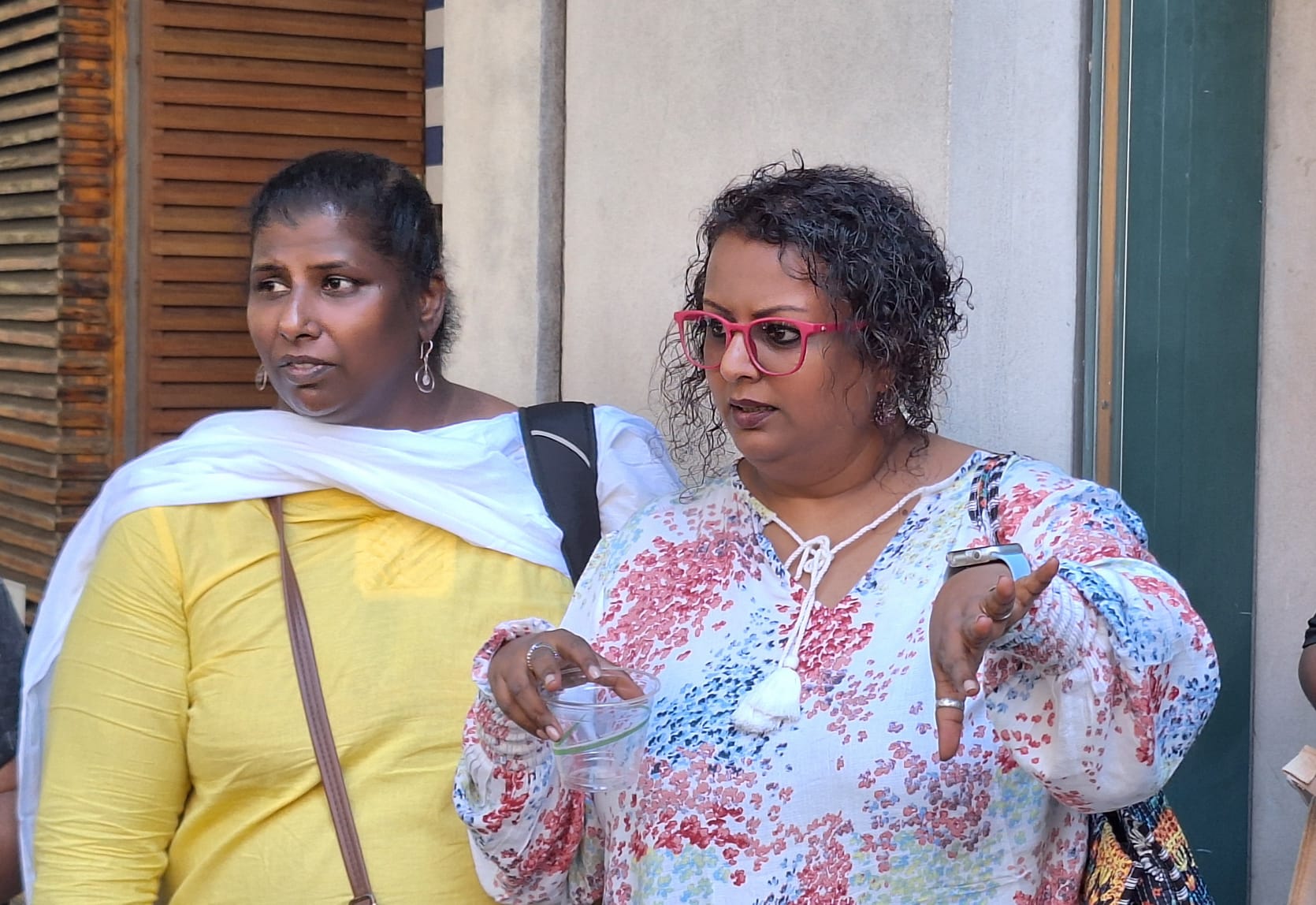CDWD leader Beena Pallical address HLPF, calls for urgent strategies to eradicate poverty, discrimination
Madam Chair, excellencies, Civil Society Friends, ladies and gentlemen
I'm representing the Stakeholder Group of Communities discriminated on Work and Descent and the Asia Pacific Regional CSO Engagement Mechanism. The Agenda 2030 has been instrumental in moving towards a sustainable future through the principle of leaving no one behind, however, we see that we are nowhere near our targets or the goal of eliminating poverty in totality. We also know that the impact of poverty does affect the most marginalised communities–in this case–communities affected by slavery, casteism and other forms of marginalisation.
It can never be achieved without intersecting with other goals, specifically goal 5 and gender equality for women from marginalised communities.
Multiple vulnerabilities and marginalisation as a result of structural violence and systemic inequalities continue to rise for the communities and they continue to be affected by poverty and suffer consequences of poor health, inability to access education and have been impacted further by the climate crisis. The climate crisis exasperates the issues of communities, especially women and children.
Discrimination, limited access to opportunities, economic exploitation, lack of social protection, limited mobility, lack of accessibility to education and landlessness prevent CDWD from accessing basic socio-economic rights. The consequences of discrimination leave the community in intergenerational poverty, reproduced mainly through the types of undignified work the community has been pushed into for centuries. Dalits in Asia continue to be affected by the feudal systems of caste. In Africa, hereditary slavery continues to affect several countries. In Europe, four out of five Roma live at risk of poverty. Women's unequal access to resources and financial independence further marginalises them. As a result of this, they continue to live in poverty with no social security to fall back on.
In conclusion, to effectively address and achieve the targets of SDG 1, it is essential to prioritise the communities furthest behind, particularly those discriminated against based on work and descent (CDWD). We must collaborate with states and UN agencies to develop multi-pronged strategies that ensure CDWD communities access their rights and entitlements.
- Ensuring that CDWD are involved in the design and decision-making of budgeting and finance schemes so that the allocation of resources is targeted, accessible and designed to address unique forms of discrimination experienced by these communities including social exclusion, segregation, violence, marginalisation and modern slavery.
- Ensure Gender-responsive programs and budgets are specific to addressing issues of women and other intersectionality within these communities like people with disabilities, LGBTQI, children etc.
- Ensure a social protection program is available for people to access to be able to cope with the emergencies and challenges that exist.
- Ensure reforms to the international financial architecture and international and domestic policy efforts to expand financing for the SDGs and climate action, are adapted to include the rights and concerns of Communities Discriminated on Work and Descent.
Also Read: CDWD's Simona Torotcoi addresses HLPF on how science & tech can empower community


